Disability Pride Month 2023
With the arrival of this year’s Disability Pride Month, staff at Inclusion Barnet got together to discuss what the month means to us, as employees of a Deaf and Disabled People’s Organisation (DDPO). As individual disabled people, our views on Disability Pride varied but there was one aspect on which we very much agreed…
What is Disability Pride Month?
Disability Pride Month (DPM) has taken place every July since 2017 and is often described as an opportunity for disabled people to celebrate their identity, to raise awareness of the obstacles they face in society, and to promote discussion and positive change.
However, many people are still unaware of its existence or unclear about its purpose, especially as it occurs straight after the similarly titled Pride Month in June.
“…our lived experiences of disability are unique to each person.”
When Inclusion Barnet staff got together to discuss what it means to us, it quickly became apparent that many shared this confusion, despite being disabled people ourselves. We then began to find that we had very differing views on what it might mean to us as individuals.
The fact that Disability Pride Month is not widely known or understood is unsurprising considering the low awareness around disability in society in general. Also, our lived experiences of disability are unique to each person, and these – as well as internal and external ableism – influence our perceptions of whether we are ‘proud’ to be disabled or not.
“…We bring an understanding and direct knowledge of the systems and barriers that our disabled clients face…”
Whatever our personal views, we all agreed that pride in being disabled involves the acceptance of a label, and all that comes with it. As Inclusion Barnet staff, using our lived experience of disability in our work requires acceptance that we have this lived experience. The benefit is that we bring an extra skill to our work beyond the fundamental requirements of the job. We bring an understanding and direct knowledge of the systems and barriers that our disabled clients face; a shared experience that can help us build trust with customers and provide more tailored and effective support to them.
But to explore this issue fully, it was also necessary to explore some of the many times that the label of ‘disabled’ has been received negatively. As a DDPO, Inclusion Barnet is an inclusive, supportive environment in which many of us feel we can truly be ourselves. Outside of this though, staff members cited situations where identifying as disabled led others to question their knowledge, intellect, and even their ability to do their job; as if it is not possible to be both disabled and skilled. Members of staff agreed that they had learnt to assess every situation individually, sometimes the fear of negative reactions silencing them from disclosing their lived experience at all. Of course, this course of action had only been a choice for staff whose circumstances were not obvious.
“In practice, lived experience enhances every aspect of our staff’s work…”
In practice, lived experience enhances every aspect of our staff’s work, whether it is mentioned or not. It informs their knowledge, understanding and compassion for client’s needs and the practical ways these can be met, as well as why and how policies, procedures, and minds, can be changed. This is why we recruit disabled people.
“We are all individuals with the right to choose how we identify ourselves…”
We are all individuals with the right to choose how we identify ourselves. But today there are still times when we feel we can’t mention that we’re disabled. This is why Disability Pride Month and our work as a Deaf and Disabled People’s organisation are so important.
Both of these are platforms to question the status quo and to raise awareness of how and why things can change. Everyday, as our staff carry out their roles, they demonstrate that disabled people can and do lead, that they effectively manage and contribute to successful organisations, and in so doing, make a huge difference to the lives of others. However much the opinions in our staff discussion varied, the need to question societal attitudes on disability and promote change are both points on which we very much agreed.


